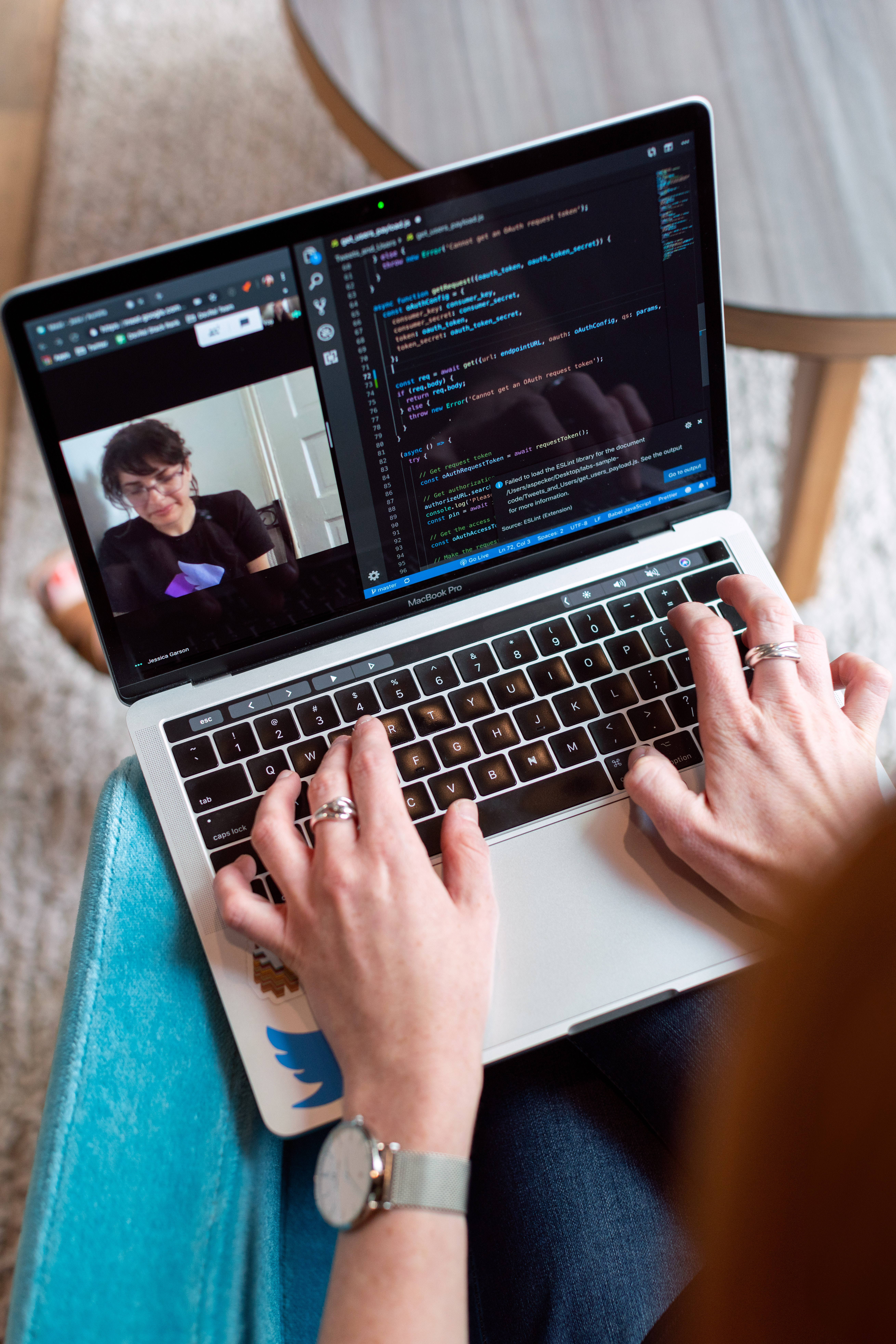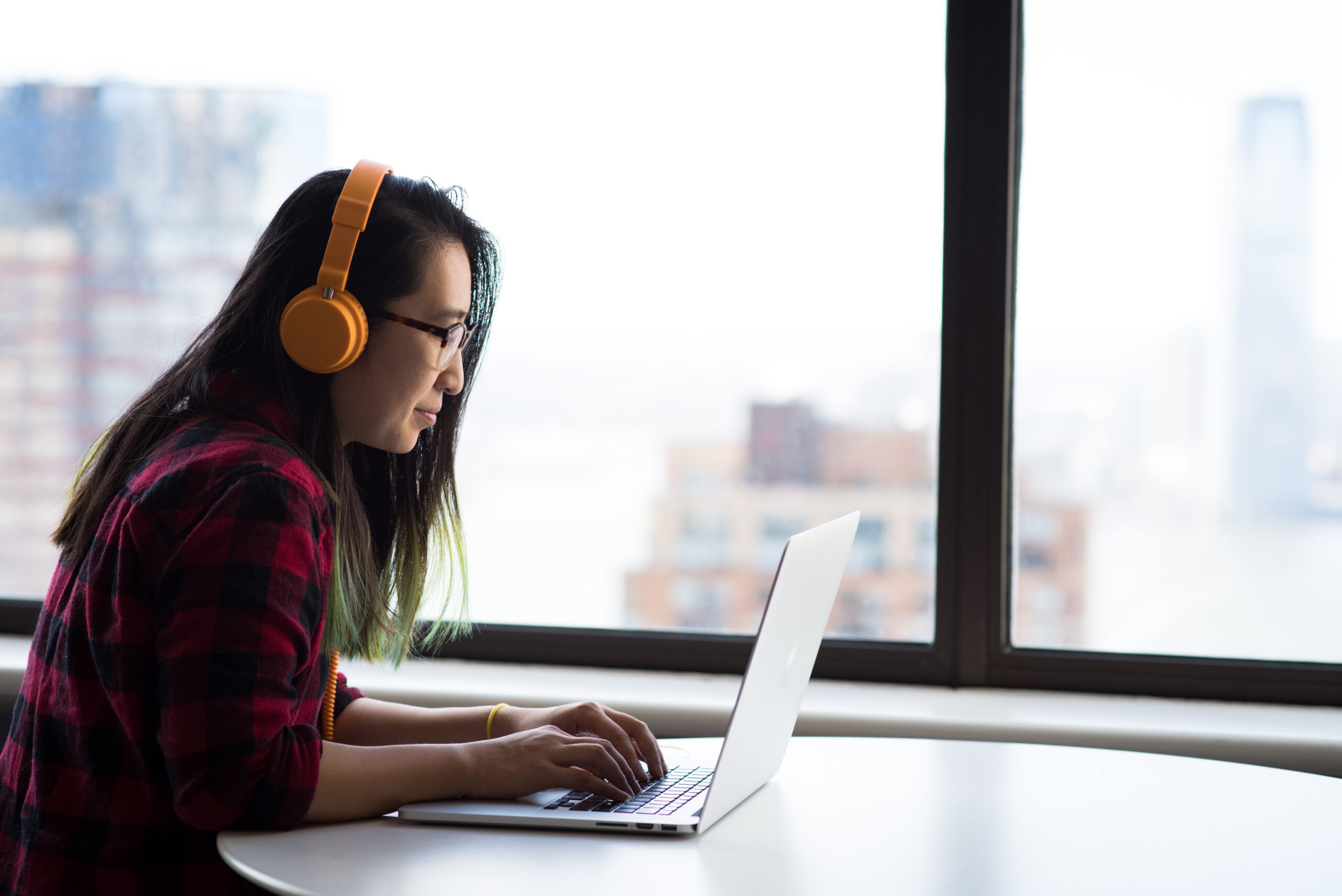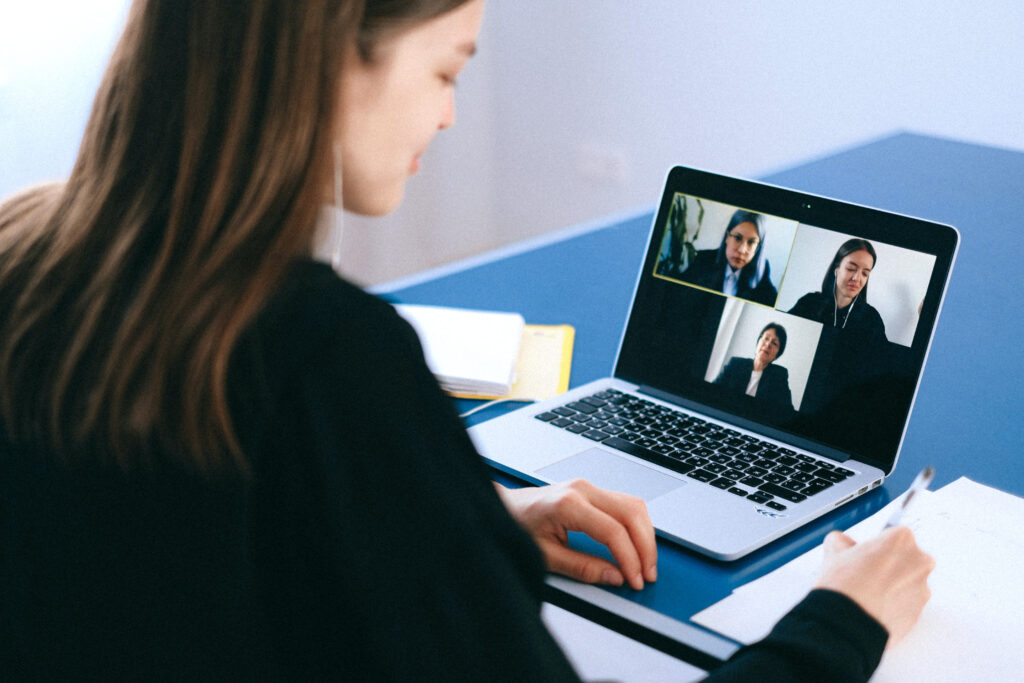Here we are at the one-year mark of when the coronavirus pandemic changed the way we work, learn and live. That being said, we wanted to know how the past year of lockdowns, remote interactions, and virtual living have impacted entrepreneurial efforts of our students, faculty and staff.
Everyone has had to pivot and adapt during the last year and many are looking to the future while thinking about the future of their work and how they will accomplish it.
We hope the following insights help you reflect on the past year of “new normals” while planning your future endeavors.
The Benefits & Pitfalls of Remote Work:
“Remote classes and the availability of remote work caused me to work at a startup and take fewer classes during the winter semester, which I definitely would not have done otherwise.
 “I am excited by the possibility of being able to work remotely, but also want to spend some time working in-person, where I think there will be more opportunities for growth and mentorship.” – Elliot Klein | Computer Science
“I am excited by the possibility of being able to work remotely, but also want to spend some time working in-person, where I think there will be more opportunities for growth and mentorship.” – Elliot Klein | Computer Science
“For most of the past 20 years, I have telecommuted in a variety of roles: employee, company founder, partner, consultant/advisor. So, I’m very comfortable working remotely and, in that sense, the pandemic barely changed anything. But in my teaching role here at UMich, I very much miss the in-person interaction with my students and fellow faculty members. The pandemic has also put a real dent in face-to-face networking activities, which can be great for cultivating new ideas. All-in-all, I’m eager for the pandemic to be behind us, to the extent that it can be.
“I suspect more people will appreciate what I have believed for many years: telecommuting not only works, but in many cases, has advantages over ‘at the office’ work. I expect to continue with a large portion of my work being done remotely (and having less difficulty convincing others that doing so is effective). But, I will also likely appreciate more the face-to-face activities.” – F. Andy Seidl | LEO Lecturer
“COVID has presented an incredible opportunity to experiment with technologies to scale-up remote engagement and mentoring efforts. U-M’s alumni are distributed across the globe and often most can’t make it back to campus. The pandemic has forced us to implement creative solutions to keep them included and leveled the playing field that was previously unbalanced by proximity to campus.” – Eric Bacyinski | Director CFE External Engagement and Mentorship
“It is harder to casually float ideas by others without it feeling like you’re scheduling a formal meeting (which we have to do because you have to be intentional about connecting in this pandemic world). Harder to meet and get to know people you might like to team up with.
“It has been easier to schedule customer discovery meetings virtually than to try to meet folks in person.” – Jessica Liang | MBA/MPP
“Our class relies heavily on community discovery and engagement – these efforts were severely hampered by the pandemic despite the fact that we created virtual opportunities for engagement. Also, the significant workload in the class weighed upon students who were spending so much of their time in front of their computers. Still, most students indicated that the course enhanced their knowledge of the subject and prepared them in sometimes unexpected ways.
“The pandemic has made my approach to the course much more thoughtful and programmatic. While this result is mainly good, it is not a substitute for the direct interpersonal engagement afforded by the on-campus experience.” – William David Tarver | Lecturer II
Making Meaningful Connections:
“The biggest impact that I found this semester would be that it was hard to meet or connect with fellow classmates through classes, which is why I appreciated having the opportunity to attend workshops with breakout rooms not focused on class topics. I think it is also hard to create as close of a connection with teams in the virtual environment however.
 “I think that the pandemic has changed the way the student entrepreneurship community interacts and learns from each other. Moreover, I think it takes extra effort to make connections; however, it also pushes you to reach out to more people who could in the end, be a game changer for what you are working on.” – Megan Martis | Energy Systems Engineering
“I think that the pandemic has changed the way the student entrepreneurship community interacts and learns from each other. Moreover, I think it takes extra effort to make connections; however, it also pushes you to reach out to more people who could in the end, be a game changer for what you are working on.” – Megan Martis | Energy Systems Engineering
“It makes it harder to meet friends and other people to chat and discuss cool ideas. However, I think some virtual meetings with many great entrepreneurs are actually made possible because of this.” – Elton Lin | Computer Science
“I realized that working in startups can be very risky during the COVID, while working as a consultant for startups / small businesses or working for a startup incubator remains a good idea.
“With everything being moved online, it’s actually easier for me to schedule informational interviews with people and attend professional-development events. (For example, I joined the AA branch of the Association for Talent Development (A2ATD) recently. I could not attend their events before the pandemics lockdown, as most of their events were hosted at EMU.)
“My thoughts about the future of my work changed a lot in the previous year, although I don’t think those changes are mainly caused by the pandemics lockdown. I still value in-person interactions, but the lockdown allows me to re-evaluate the work-from-home option.” – Tianyu Jiang | Cognitive Science + Data Science
“The intensity of instruction, and, of collegial and student-facing engagement has been remarkable. We have forged stronger connections and distance/remote work has helped everyone realize grace, flexibility and efficiency.
“Looking ahead, I am optimistic about what our ‘new normal’ will be like.” – Christine Gordon | Assistant Director of Curriculum and Experiential Learning, Adjunct Lecturer
Gaining New Focus:
“(The pandemic) actually has helped me to focus more strongly on what to do next. I think more about (my work) and I think more strategically about it.” – Volker Sick | Professor
 “The pandemic has increased them by giving me more time to pursue entrepreneurial efforts. I’m extremely lucky to be able to say that.
“The pandemic has increased them by giving me more time to pursue entrepreneurial efforts. I’m extremely lucky to be able to say that.
“It has made me believe that I will have a more global team and I will also not necessarily be in an office in the future. I’m not sure whether I’m happy about that just yet. I’ll find out when I get more experience in different work environments.” – Varun Jindal | Computer Science
“(The last year) gave me time to think and find a good idea to work on that I am committed to. I am fortunate for that part, however, actually building and making progress on the idea has been difficult for aspects like customer discovery.
“I think that for my full time job I would want a hybrid schedule for me to come into the office occasionally. For the scenario that my startup grows, I think I would be more willing to have hybrid or fully remote employees since there is no longer a stigma against it.” – Sai Pavan Yerra | Computer Science

